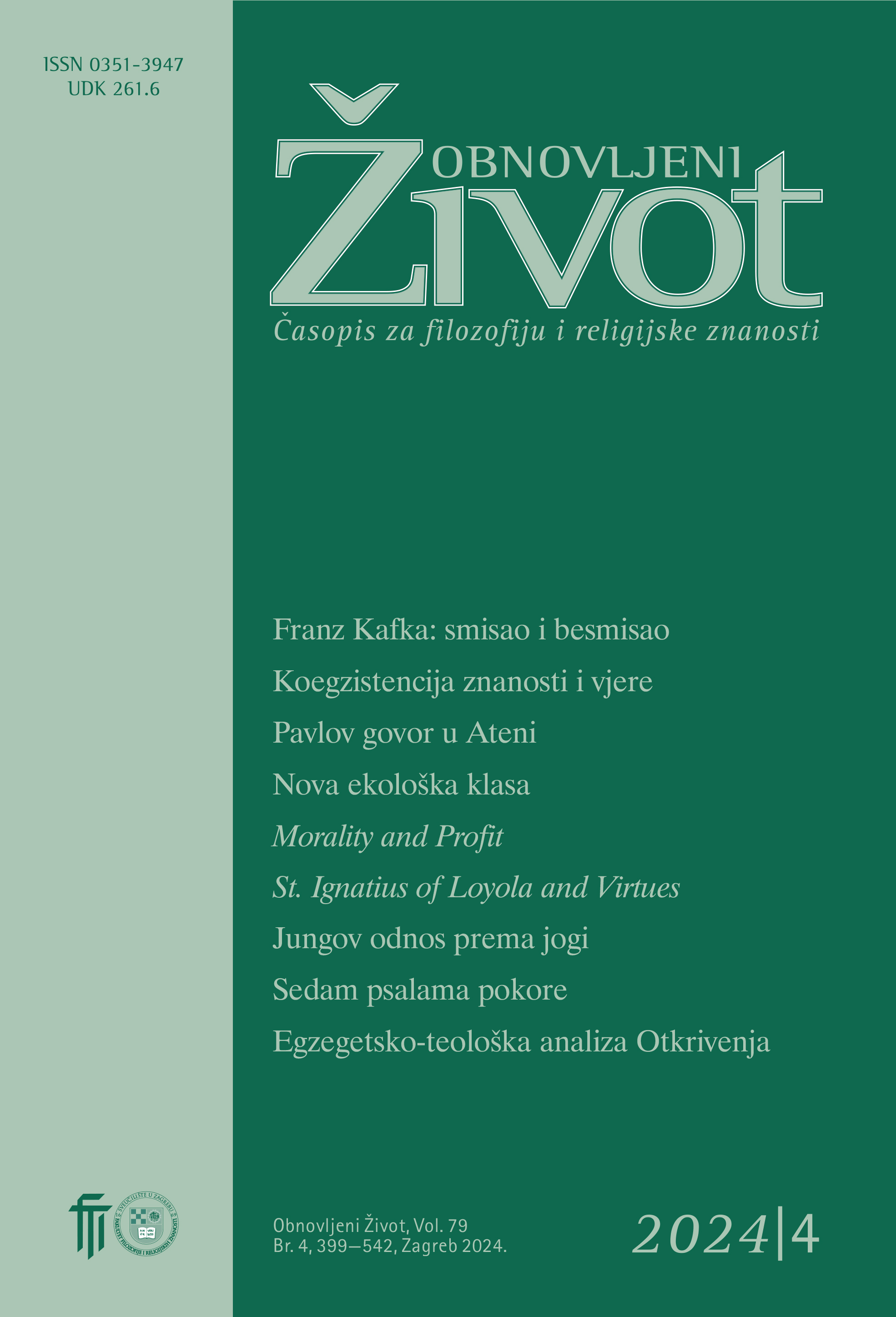The Seven Penitential Psalms
Historical Origin and Determination of Genre
Keywords:
psalms, penitence, lamentations, genre, source, Expositio psalmorum, Cassiodorus, AugustineAbstract
This article deals with the Seven Penitential Psalms (Ps 6, 32, 38, 51, 102, 130, 143) which have been considered a unit in the Christian tradition since late antiquity until today. The article discusses Cassiodorus’ 6th century commentary on the psalms titled “Expositio Psalmorum” as the first historical proof that these specific seven psalms are seen as a unit under the ecclesiastical name “Septem Psalmi Penitantiales.” Since Cassiodorus used Augustine’s commentary on the psalms titled “Ennarationes in Psalmos” as a basis for his own work, this raises the question of the possibility that Augustine might be behind the conceptualization of “the Seven Penitential Psalms.” After analyzing several historical sources, the author comes to the conclusion that Cassiodorus’ observation is the only historically proven fact that these seven psalms have been recognized as a unit from the 6th century onwards. The idea may have existed prior to this time, but will remain questionable until new historical proof is found. The author also concludes that the early Church has acknowledged new genres within the Bible for her own “new” theological purposes, e.g. penitence. Lastly, the author discusses the contemporary academic view of these seven psalms as a genre, given that, in standard scholarly discourse, they are considered only a subgroup of the Psalms of Lament and not as a separate genre in itself. The aim of this analysis is to provide a clear basis for possible further research into this exclusively Christian phenomenon of the existence of seven specific poems within the biblical Psalter that can and should be prayed and sung for personal or collective penance.
Downloads
Published
Issue
Section
License
Jednom prihvaćeni članak obvezuje autora da ga ne smije objaviti drugdje bez dozvole uredništva, a i tada samo uz bilješku da je objavljen prvi put u Obnovljenom životu. Uredništvo će obavijestiti autora o prihvaćanju ili neprihvaćanju članka za objavljivanje.
Članci objavljeni u časopisu se, uz prikladno navođenje izvora, smiju besplatno koristiti u obrazovne i druge nekomercijalne svrhe.


